
Research Group of the International Association of Constitutional Law (IACL)
In the twenty years since the end of the last 'wave of democratization' it has become clear that, along with traditional liberal-constitutional democracies, an important number of countries have embraced different forms of 'illiberal' democracy, that is, they are regimes in which there are competitive elections of political authorities but that concentrate power around the executive office, to the point that even the courts are under the control of the government.
Even though in the past there have been many authoritarian, semi authoritarian and even totalitarian regimes which pretended to cloak their true nature under a constitution, recent examples have showed a current of thought which tries to present these regimes as a new and more efficient type of constitutionalism, putting into question long established notions of constitutional government.
This development has examples in different areas of the world, thus becoming a subject of study with great interest for scholars globally, in line with the international nature of the IACL. However, the research group will not be limited to the study of current examples of this type of 'constitutionalism', but may also include the analysis of past examples, in order to explore similarities, identify possible patterns of authoritarian 'constitutionalism' and draw lessons which may help to better understand this phenomenon. The examination will not focus only on specific examples of this current, but will also undertake to single out common features among those different examples.
Click on the links below to find out more:
IACL-AIDC.ORG
IACL-AIDC BLOG POSTS
E-BOOK CONSTITUTIONAL OXYMORONS
Spin-off Projects
Legal Reforms in Nordic Constitutionalism: the Challenges of a State-religion
Main researcher: Dr. Giuseppina Scala
The project stems as a joint research effort co-funded by the Center for Constitutional Studies and Democratic Development and the Center for Theology and Religious Studies at Lund University. Serving as a corollary to the wider "Constitutionalism in Illiberal Democracies" projects, Scandinavian countries and their consolidated Welfare States represent a particularly meaningful subject of research to determine the modern risks faced by democratic models. Indeed, the main scope of this research is to examine how the economic crisis impacted even traditionally socially-driven democracies of the Nordic countries, paving the way for disestablishment movements that changed the traditional form of State-Church relations. Special attention is devoted to those constitutional provisions that impose a specific religion to the King, challenging the paradigm of religious freedom and, more generally, the legal foundations of democracy. Moreover, the project seeks to determine whether post-disestablishment procedures such as those available in Sweden and Norway have a positive or negative effect on religious rights and whether religious tensions mitigated or escalated the legal recognition of new religious groups.
Within this project Dr. Giuseppina Scala has published a report on the Swedish government's measures affecting the right to profess religion within the Kingdom of Sweden during the COVID-19 emergency in the e-book LAW, RELIGION AND COVID-19 EMERGENCY LAW, edited by Prof. Pierluigi Consorti.
The volume addresses three major research questions using a comparative perspective: the first concerns the relationship between law, religion and emergency rules; the second one involves a more specific aspect of religious rules, which by their nature seem to be not modifiable by human will; the third concerns the quality of this emergency, which is health-related, and therefore different from other emergencies that may also produce legal modifications or rules of exception, such as wars or natural disasters.
The volume is available here.



